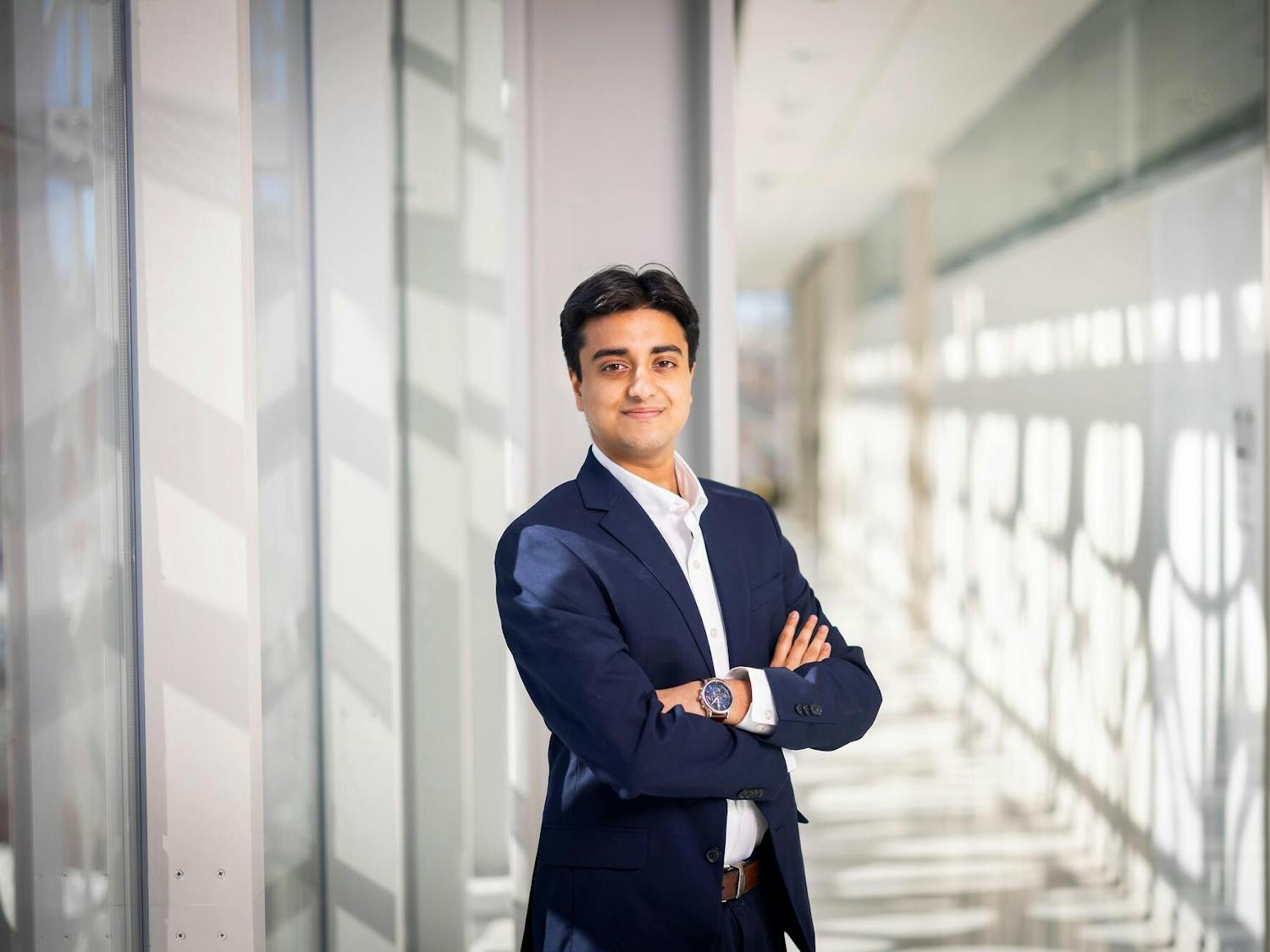Over $2.1 million in grants from the National Institute on Aging provided funding for twelve Penn research projects on healthy aging.
The Penn Artificial Intelligence and Technology Collaboratory for Healthy Aging program — currently in its first year — supports projects that use technology and artificial intelligence to better treatment and healthcare options for older Americans.
PennAITech is made up of Penn’s School of Nursing, the Perelman School of Medicine, and other departments across the University. The program’s two goals are to “solicit, select, and manage” pilot studies that train technology and AI to find risks and address disparities in chronic illness and aging, and to “foster collaboration” among Penn-affiliated investigators and scientists.
“These awardees represent the broad range of innovative solutions that have the potential to significantly improve the lives of older adults and their families, and our team of experts at Penn are looking forward to working with them and supporting them in this journey,” said George Demiris, a Penn Integrates Knowledge professor and one of the principal investigators of PennAITech.
Some of this year’s funded project titles include “Patient-Surrogate Alignment in Digital Advance Care Planning” by Desh Mohan, and “Detecting Respiratory Distress in Patients with Advanced ADRD Using Radio Sensors” by Veerawat Phongtankuel. The twelve applicants are from academia, industry, and clinical fields across the United States.
“We are excited to provide a supportive environment to deploy and test cutting-edge technologies and innovative approaches to improving the well-being of America’s older adults, especially persons with Alzheimer’s disease and related diseases,” Jason Karlawish, a professor of medicine, medical ethics and health policy, and neurology, and co-principal investigator of PennAITech said to the University of Pennsylvania Almanac.









